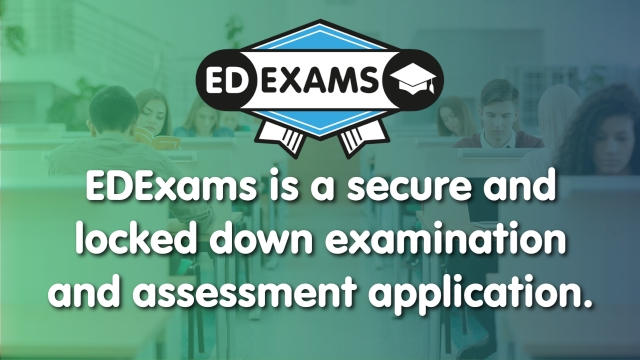The rise of online examinations has brought incredible flexibility and accessibility to organisations. But with this convenience comes a challenge, how do you ensure academic integrity in a virtual environment? Enter online proctoring.
Online proctoring has evolved significantly, driven by advancements in technology and a growing understanding of online learning needs. This is coupled with a human monitoring a candidate to ensure no malpractice occurs. Here’s a look at some key trends shaping the future of online proctoring:
1. AI-Powered Proctoring: Artificial intelligence is playing a crucial role in enhancing online proctoring. AI algorithms can now analyse candidate behaviour during exams, flagging suspicious activities like:
- Gaze detection: Identifying if the candidate is looking away from the screen for extended periods.
- Object detection: Detecting unauthorised materials or devices in the testing environment.
- Voice detection: Recognising unauthorised conversations or sounds.
- Keystroke analysis: Identifying unusual typing patterns that might suggest impersonation.
2. Multimodal Proctoring: Instead of relying on a single method, modern online proctoring combines various techniques for a more comprehensive approach. This might include:
- Live proctoring: Human proctors can still be involved, but their role is often more focused on reviewing flagged incidents and providing support.
- Recorded proctoring: Candidate sessions are recorded for later review, allowing for more thorough analysis and evidence gathering.
- Automated proctoring: AI algorithms handle much of the monitoring process, freeing up human proctors for other tasks.
3. Ethical Considerations and Bias: As online proctoring becomes more sophisticated, it’s crucial to address ethical concerns and potential biases:
- Data privacy: Ensuring candidate data is collected and used responsibly, with clear consent and transparency.
- Algorithmic bias: Working to identify and mitigate biases in AI algorithms that may unfairly disadvantage certain candidate groups.
- Accessibility: Providing accommodations and alternative proctoring options for candidates with disabilities.
4. Proctoring for a Personalised Learning Experience: Online proctoring can go beyond simply policing exams. It can also be used to:
- Identify learning challenges: Analysing candidate behaviour during assessments can reveal areas where they may be struggling.
- Provide individualised support: Proctoring data can help educators tailor interventions and support to meet specific candidate needs.
- Promote self-regulated learning: Proctoring tools can provide candidates with feedback on their focus and attention, helping them develop self-monitoring skills.
5. The Human Element: While technology plays a vital role, the human element remains crucial in online proctoring:
- Training and oversight: Proctors need to be well-trained in using technology and interpreting data ethically and responsibly.
- Candidate support: Proctoring should be seen as a support system, not just a surveillance mechanism.
- Building trust: Establishing clear communication and transparent processes can help foster trust between candidates and institutions.
Enter EDExams
In this evolving landscape of online proctoring, EDExams stands out as a reliable and innovative solution. As a trusted online examination platform, EDExams takes academic integrity seriously, providing a secure and sophisticated proctoring environment.
EDExams is evolving and developing many features to enhance the online examination delivery. EDExams ensures a fair and reliable assessment experience for both institutions and candidates. To learn more about how EDExams can enhance your online assessment strategy, get in touch for a demo today.











